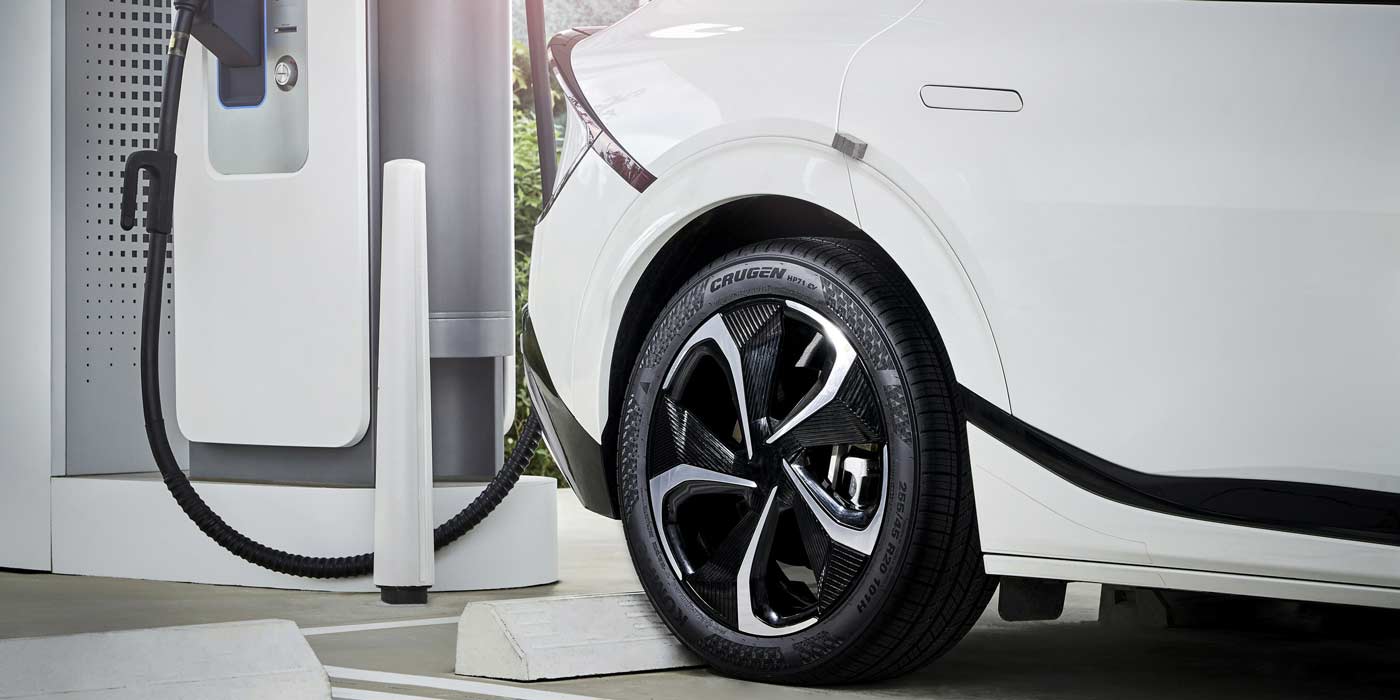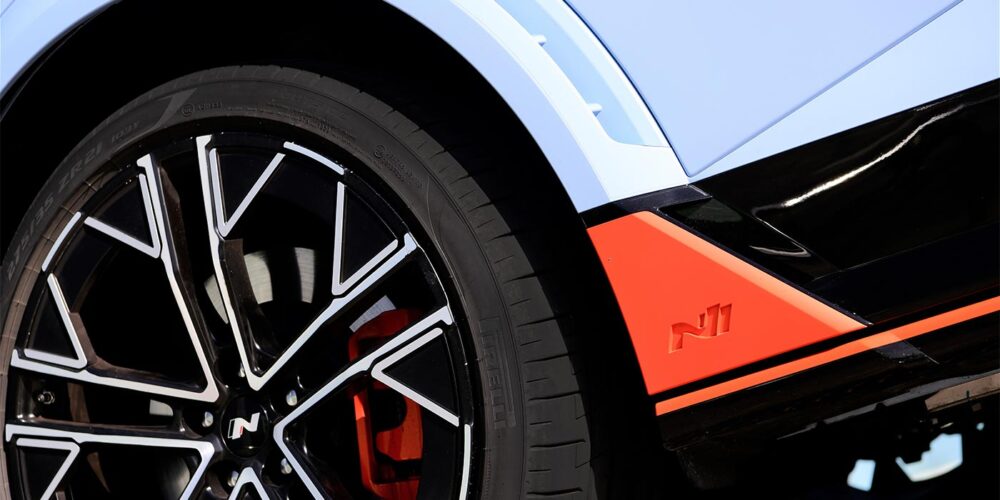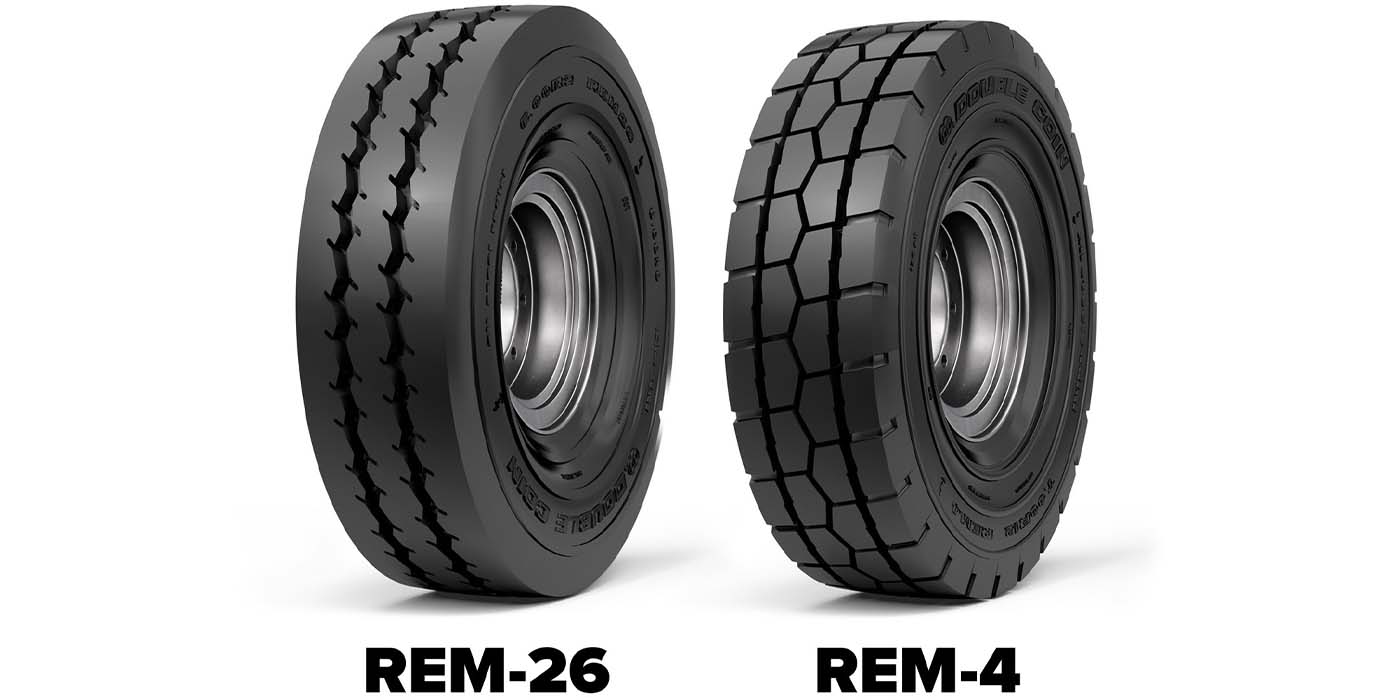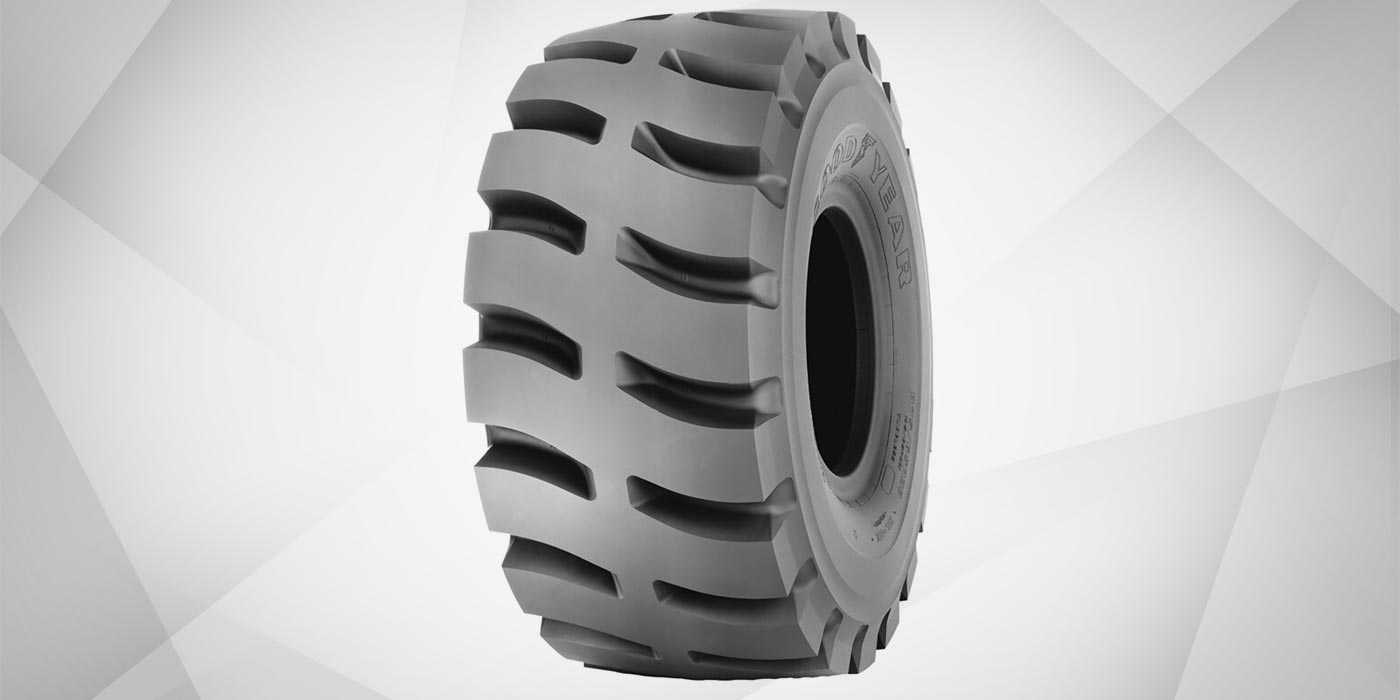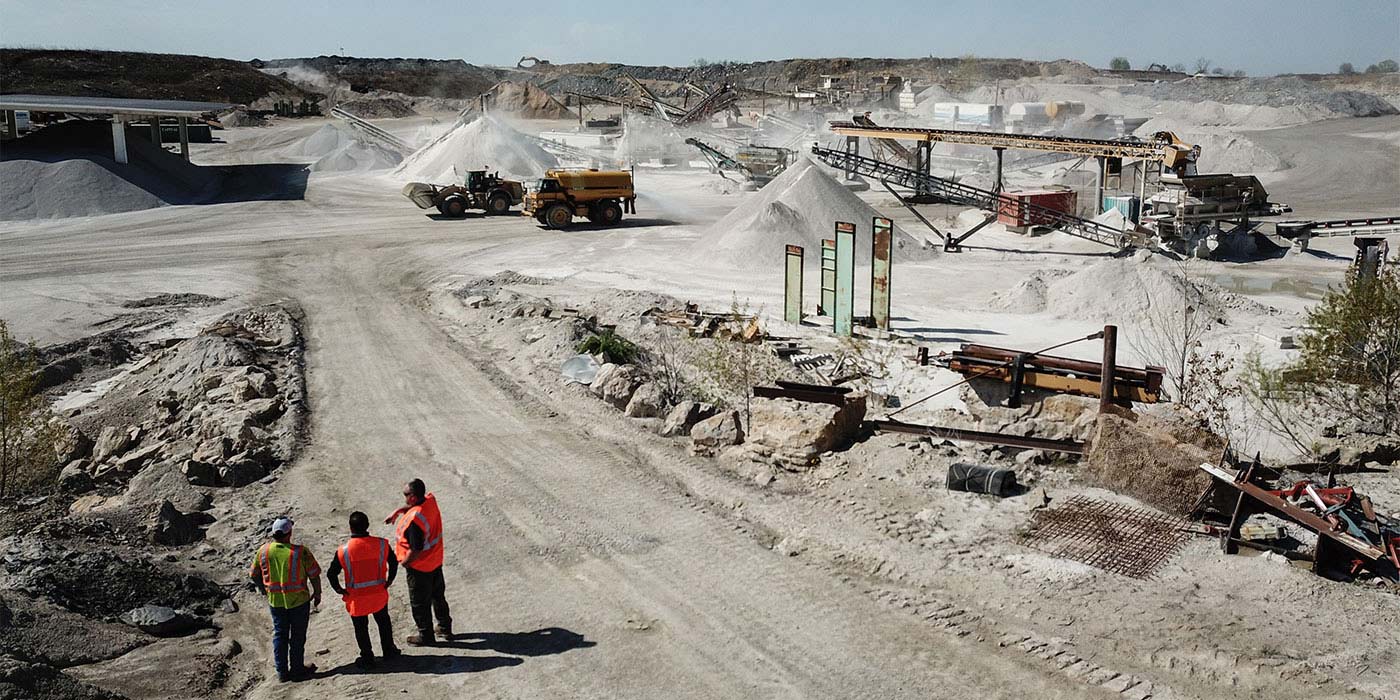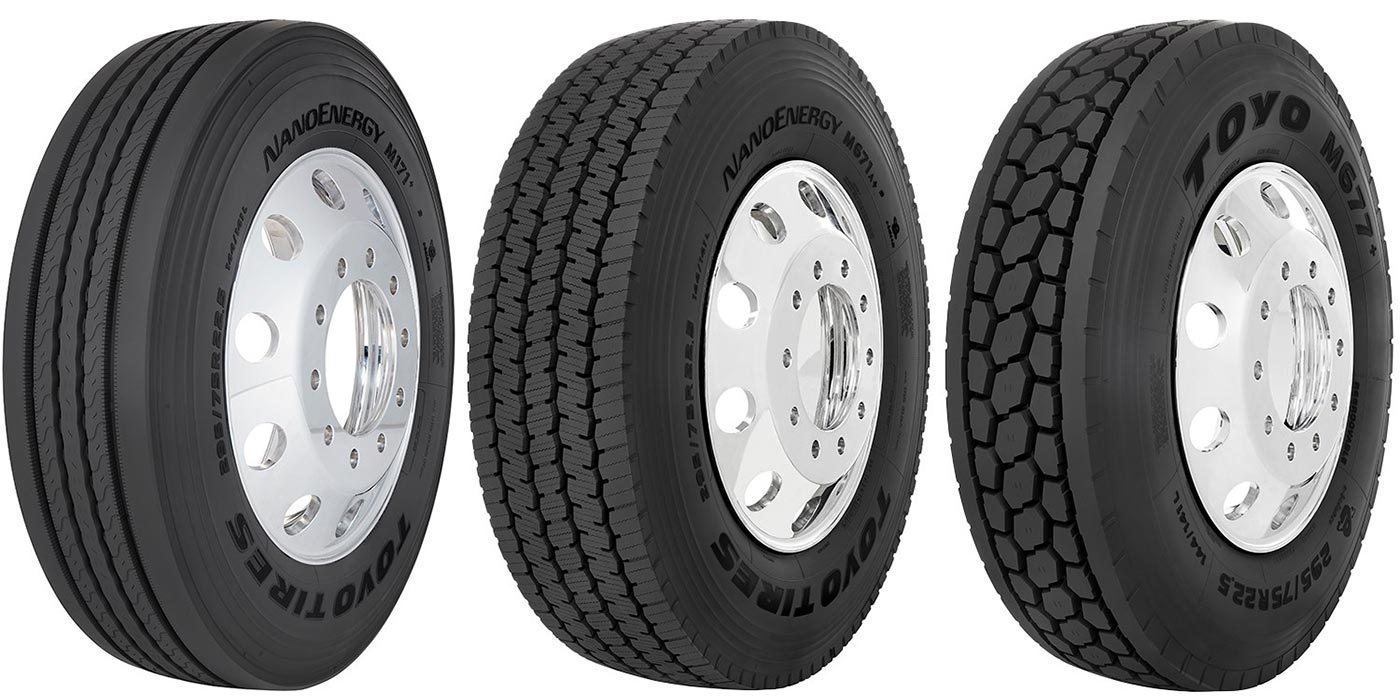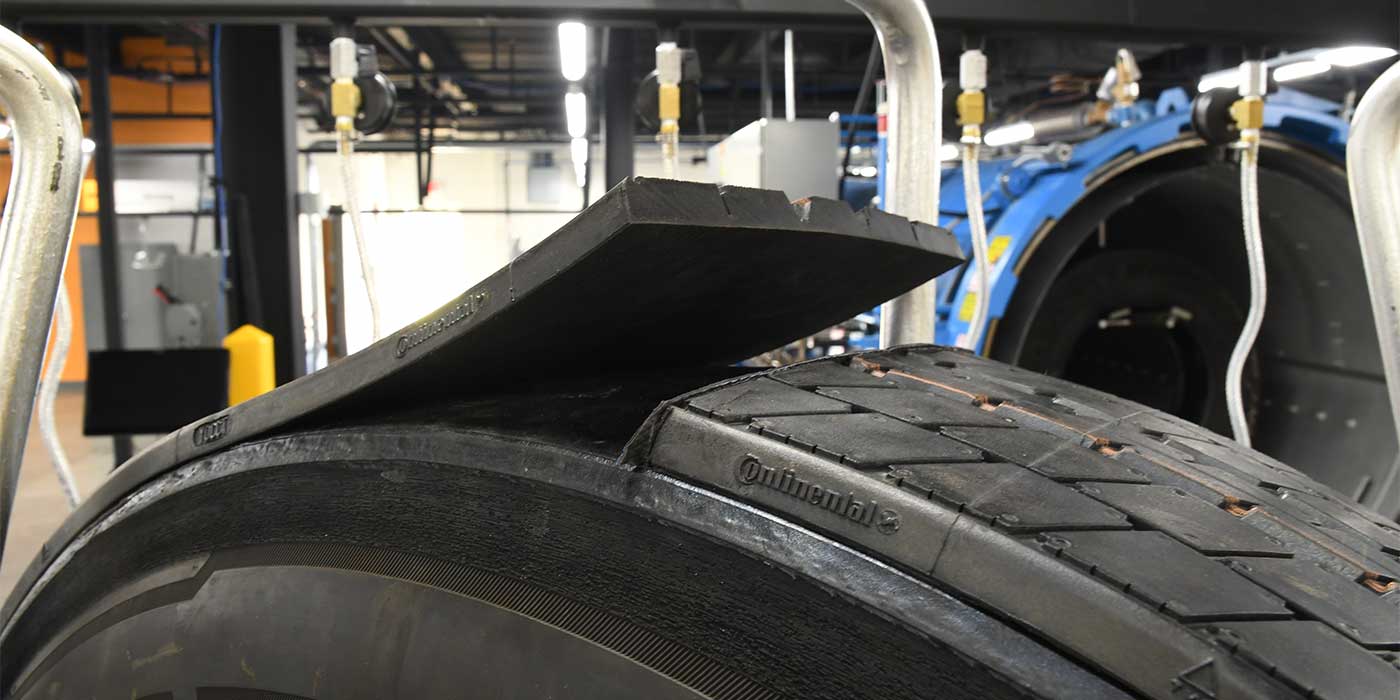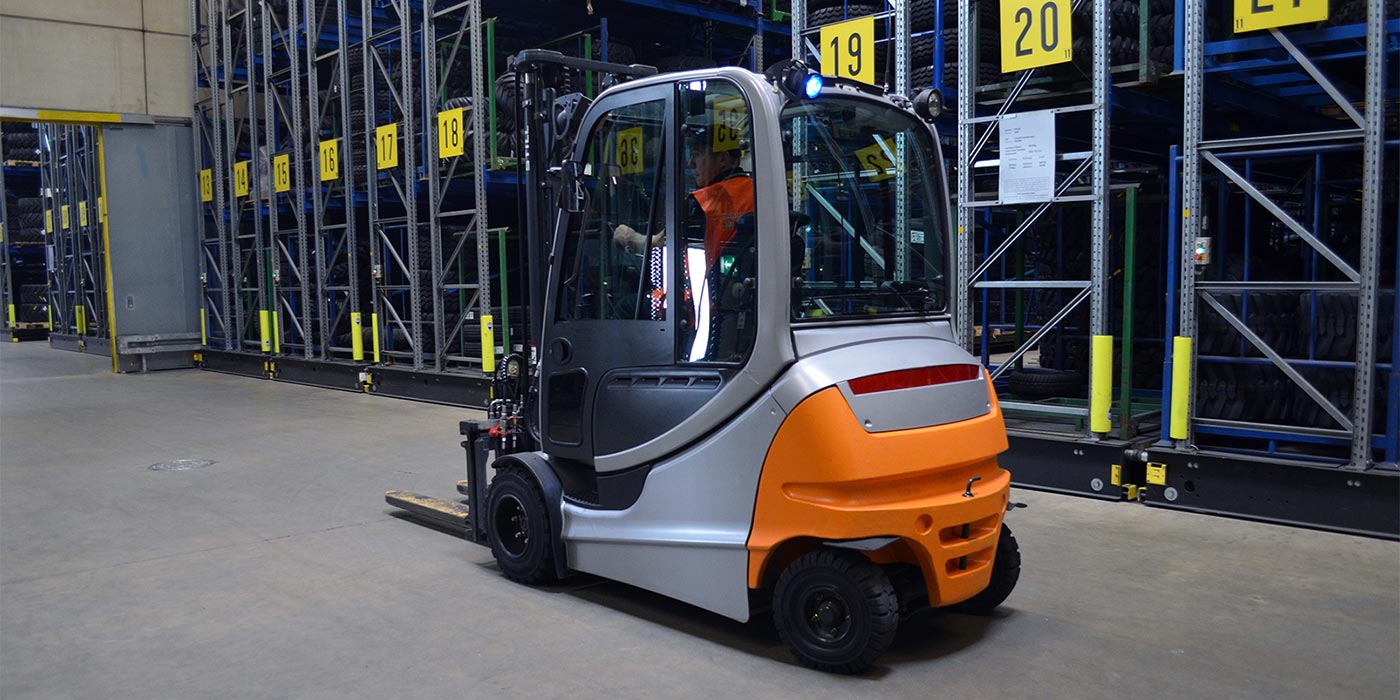When I was a tire manufacturer representative in the 1990s, I was talking to a dealer who for 20 minutes told me how he hated selling to farmers.
The farmers complained too much about the price of tires, he said, they didn’t want to pay for service, they paid late, they wanted 24-hour field service during busy periods, they expected too much and were just bad, bad people.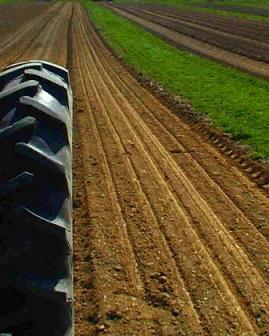
When he was finished, he asked me what he could do to get more farm tire business. I was flabbergasted.
After I gathered myself, I told him that he needed to think of farmers as customers. In order for him to get any of their business, he would have to change his attitude and convince farmers to want to do business with him.
I remembered a phrase that compared a customer to a voter: The difference is a customer votes with his or her feet. Obviously this guy didn’t want their vote because customers are not owned, but earned.
Successful dealers know their customers as well as they know themselves – and that is what sets them apart.
Know Your Customer
Successful dealers who service farmers understand there are many more opportunities for sales and service beyond just ag tires. The farmer is the most complete tire customer out there: consumer tires for the pick-ups and cars; commercial tires for the trucks to haul grain or cattle to market; OTR tires for the graders or scrapers; ATV tires for herding cattle or moving equipment; and, of course, farm tires for their tractors and implements.
It is staggering for most people to understand how many wheel positions and opportunities for tire sales there are on the typical farm.
One of the best ways for a dealer to get to know his or her customer is by offering on-the-farm tire analysis and inflation pressure service in the spring before planting. This is a tremendous benefit to the customer because it allows a tire professional on-site to inspect all the wheel positions on the farm and recommend the best course of action for a successful growing season.
For the tire dealer, it gives access to the entire farm operation, and the ability to take stock of potential tire needs, as well as take corrective action where needed. This gives the tire professional an opportunity to evaluate how the tires are being used and serviced, while solidifying the relationship between dealer and customer.
The possible courses of action could be replacing worn tires, making needed tire repairs or resetting tire pressures to their proper levels to ensure that the farmer has minimal downtime.
Know the Application
As farming has become more specialized and diverse, so has the farmer’s need to have the right size and type of tire for the application. And that means added sales opportunities for the alert tire dealer. There is no one-size-fits-all tire solution; tires used for high-load sprayers are different than those used on a combine or a tractor. It is important that your customer understand the differences.
If the farmer is going to be working with crops in narrow rows, it is necessary for them to use tall, narrow tires that will easily go between the rows and not disturb the crops. For four-wheel drive tractors or mechanical front-wheel drive tractors with high horsepower popular in high draw bar applications, tall and wide tires should be used.
Also, inflation pressure needs to be adjusted to match the load on the tires. If the tires are overinflated, there is increased slippage (wear), which increases fuel consumption (cost) and reduces the yield (profits) to the farmer.
If the tires are underinflated, there is increased stress on the engine, gearbox and bearings (mechanical wear), possible over-deflection of the tires causing crop damage (profits), as well as cracks or sidewall damage and increased wear of the tires (costs) to the farmer.
That is why it is so important for a tire dealer to be a true partner with the farmer. Both parties have a lot at stake. The tire dealer wants to be sure that the tires on the equipment perform to their maximum potential, leading to repeat sales that come with a satisfied customer. The farmer will reap the benefit of enhanced farm production and improved fuel efficiency, along with reduced compaction for higher yields.
Know the Product
Selecting a tire is not as simple as one might think. Dealers need to take advantage of tire manufacturers’ training programs and application guides when determining the proper tire and wheel selection for any ag application.
There are different types of radial rear farm tires with varying degrees of tread depth and lug angles designed to be used on different types of soils and applications. Today’s farmers are Internet-savvy and most manufacturer websites have information and guides that address most of their tire questions and concerns.
When you know your customer, your application and your product, you have a powerful winning combination. But you need one more thing.
Know Your People
People are the most important asset of any tire dealer. Your associates need the tools and training to do their jobs safely.
Tires have gotten bigger and heavier, requiring sturdy jacks to safely lift the vehicle, proper service trucks that can handle and transport the tire and wheel assembly, and the right equipment to break it down, reassemble it all again and mount it back on the axle.
To do all that, you need a hard-working, trustworthy individual who is thoroughly trained in the mechanics of tire service. Safety is no accident and dealers need to have their servicemen attend training courses offered by industry professionals to be sure that proper methods are being used. There are no shortcuts in life and there should be no shortcuts in keeping your people safe.
The Most Successful Dealers
When I started selling farm tires, I was trained by the most successful farm tire dealers in the midwest: Ronnie and Randy Eastvold from Hanson Tire in LeRoy, Minn.
To this day, they still arrive to work at 6 a.m. to fuel their service trucks and to get their people ready for the day. Those trucks don’t come home until the work is done. The Eastvolds keep up with the latest tire and wheel trends, invest in their people and equipment and service the heck out of their customers. Their philosophy of providing outstanding customer service coupled with product and application knowledge looks simple, but is hard to replicate. They go the extra mile for their customers and their customers know it.
The man I mentioned at the beginning of this article was never successful because he didn’t have the drive or desire to understand his customer. Dealerships like Hanson Tire and many others I know do understand: There are no shortcuts.
Tire manufacturers and dealers must work together to deliver the right products at the right price that perform above the customers’ expectations with highly trained sales and service professionals. Then the voting is over.
CAP: One of the best ways for a dealer to get to know his or her customer is by offering on-the-farm tire analysis and inflation pressure service in the spring before planting.




